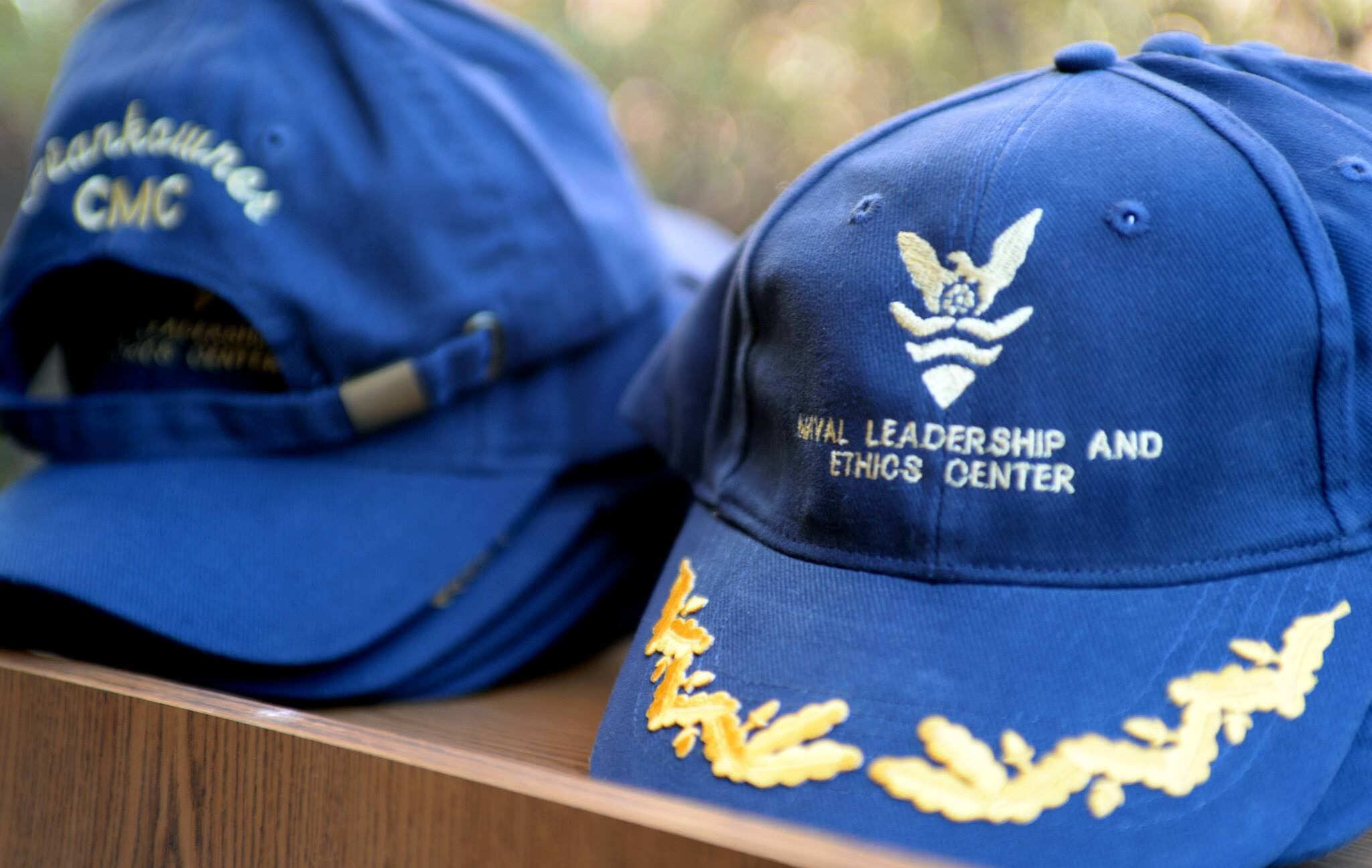A force-wide look at misconduct among senior military officers — and the efforts to prevent it — found significant differences among the services' cultures.
"The Army and the Marine Corps have a very mature profession of arms," said Rear Adm. Margaret "Peg" Klein, the defense secretary's senior adviser for military professionalism.
"The ground forces, they send really junior people into leadership positions. They have company command, they have O-3s going into command, and their professional identity is learned very early on," Klein said, referring to the paygrade for captains in the Army, Marines and Air Force. Navy O-3s are lieutenants. Yet the Navy and the Air Force, historically, "are very technically focused," she said.
Klein has spent nearly two years helping the services to sharpen their professional development and leadership training pipelines for senior leaders. Her office was created in March 2014 by then-Defense Secretary Chuck Hagel amid a spate of scandals involving senior officers and mounting concerns of a systemic or cultural problem in the ranks. Those fears may have been overblown, she said.
"We're not in a crisis. But this subject of human behavior requires constant attention," Klein told Military Times during a recent interview.
Early on Klein found that the Army and Marine Corps had created "centers of excellence" for commanders' professional development, but the Navy and Air Force had not. These organizations centers develop training programs for current and future leaders that focus on the intangible virtues of leadership as well as more mundane matters like travel regulations, restrictions on accepting gifts and using official vehicles — issues that can cause headaches for some leaders and their staffs.
During the past two years, Klein and her seven-member staff have helped the Navy and Air Force set up their own centers: the Navy Leadership and Ethics Center at the Naval War College in Rhode Island and the Air Force's Profession of Arms Center of Excellence at Joint Base San Antonio.

The Air Force recently established its Profession of Arms Center of Excellence at Joint Base San Antonio in Texas.
Photo Credit: DOD
"Those two organizations are helping airmen and sailors to understand the importance of trust, humility, integrity, empathy. They are helping them understand those very important virtues of command," Klein said.
"Collectively, over time, the cultures will grow to adapt to that, from being very technical to balancing out the need for technical and virtuous leadership," Klein said."
Klein singled out the Marine Corps for its distinctive culture, saying "their messaging internal to the Marine Corps and their marketing external to the Marine Corps is really tight. The way they communicate inside the Marine Corps is much different than the way any of the other services communicate."
She highlighted the Marines concise command climate survey, which was recently distilled down to 37 questions, asking rank-and-file Marines to agree or disagree with straight-forward statements such as "Alcohol abuse is a problem in my unit" or "Leaders/supervisors in my unit have set a command climate wherein sexual harassment is not tolerated."
To encourage "cross pollination" among the services, this month Klein is gathering dozens of professional development experts from across the force for a first-of-its-kind "Professionalism Summit" at the Air Force Academy in Colorado in late February to exchange best practices.
Klein’s office, initially created as a two-year project, is slated to stand down in March. She has asked Defense Secretary Ash Carter to extend its life through January of 2017. "A little bit more time is a really inexpensive investment in getting traction in these ideas that we're trying to institutionalize," she said.
The slew of scandals that emerged in a few years ago made for stunning headlines. A Navy corruption scandal. An Air Force major general who oversaw nuclear missiles was fired after his drunken bender on a visit to Moscow offended both his Russian hosts and his own staff. An Army four-star general was reprimanded for spending lavishly on official trips.
But Klein said those are anecdotal and she's found no systemic or deeply rooted cultural problem. "We're seeing numbers within historic norms," she said. "We always want to be shooting for a target that decreases the incident rate."
"We think the right answer is a little different for each service based on their heritage."
Andrew Tilghman is the executive editor for Military Times. He is a former Military Times Pentagon reporter and served as a Middle East correspondent for the Stars and Stripes. Before covering the military, he worked as a reporter for the Houston Chronicle in Texas, the Albany Times Union in New York and The Associated Press in Milwaukee.





